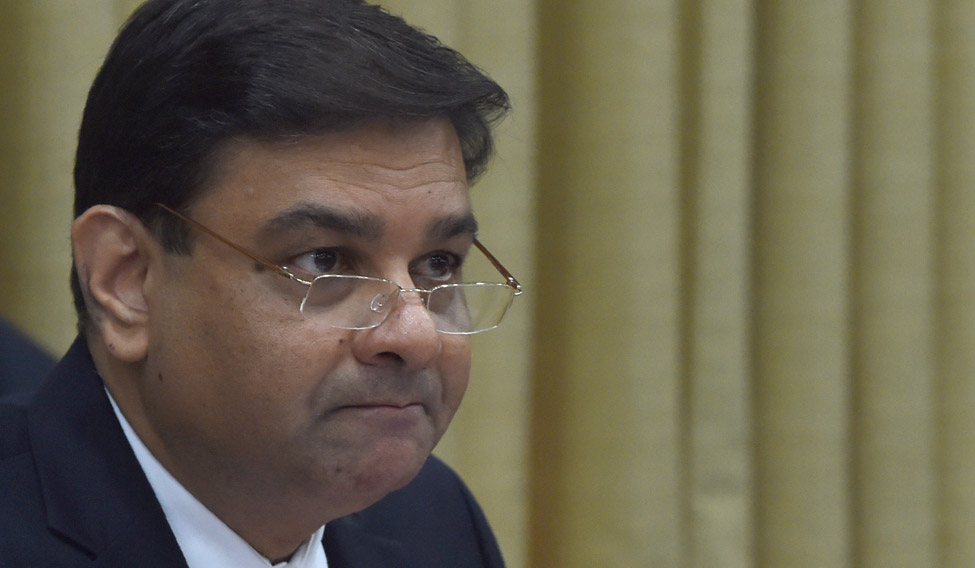The Centre's Rs 2.11-lakh crore plan to recapitalise public sector banks is a major step to restore the banking system's health and safeguard the country's economic future, said RBI Governor Urjit Patel on Wednesday.
"The government's decisive package to restore the health of the Indian banking system is in the view of the Reserve Bank of India (RBI) a monumental step forward in safeguarding the country's economic future," Patel said in a statement.
He said a well-capitalised banking and financial system was a pre-requisite for stable economic growth. Economic history had shown repeatedly that only healthy banks lend to healthy firms and borrowers, creating a cycle of investment and job creation.
"For the first time in last decade, we now have a real chance that all the policy pieces of the jigsaw puzzle will be in place for a comprehensive and coherent, rather than piece-meal, strategy to address the banking sector challenges. It bodes us well that this step has been taken in a time of sound macroeconomic conditions for the economy on other fronts," he said.
In a stimulus package aimed at boosting flagging economic growth, creating jobs and increasing credit flow, the Cabinet on Tuesday approved a Rs 2.11 lakh crore recapitalisation plan for state-run banks and massive road infrastructure investment of nearly Rs 7 lakh crore over five years.
Of this, Rs 1.35 lakh crore will be raised through recapitalisation bonds and the remaining through budgetary support and market borrowings.
Chief Economic Adviser Arvind Subramanian noted that interest burden of recapitalisation bonds on the government would be around Rs 9,000 crore. But the move may not have an inflationary impact. This cost can be offset by growth in economic activity, credit supply and private investment, he said in a lecture at SGTB Khalsa College here.
"First, the true fiscal cost of issuing the Rs 1.35-lakh crore recapitalisation bonds is the interest payment of about Rs 8,000-9,000 crore. But cost can be offset by the confidence impact of addressing the critical economic bottleneck, thereby increasing credit supply, private investment and growth," he said.
He illustrated the point, saying that under standard international and IMF accounting, recap bonds do not increase deficit and they are "below-the-line" financing. However, in India's case, these bonds are expected to add to deficit.
The programme entails mobilisation of capital, with maximum allocation in the current year through budgetary provisions of Rs 18,139 crore, and recapitalisation bonds to the tune of Rs 1.35 lakh crore over the next two years.
The balance will be raised by banks from the market by diluting government equity. The government's equity dilution will help banks raise about Rs 58,000 crore. The government equity, as per the current policy, can come down to 52 per cent in state-owned banks.
RBI governor said the proposed recapitalisation package for the banking sector combined several desirable features.
"First, by deploying recapitalisation bonds, it will front-load capital injections while staggering the attendant fiscal implications over a period of time. As such, the recapitalisation bonds will be liquidity neutral for the government except for the interest expense that will contribute to the annual fiscal deficit numbers.
"Second, it will involve participation of private shareholders of public sector banks by requiring that parts of the capital needs be met by market funding. Last but not the least, it will allow for a calibrated approach whereby banks that have better addressed their balance-sheet issues and are in a position to use fresh capital injection for immediate credit creation can be given priority while others shape up to be in a similar position," he added.
Patel said financial sector policies should support growth while maintaining financial stability.





